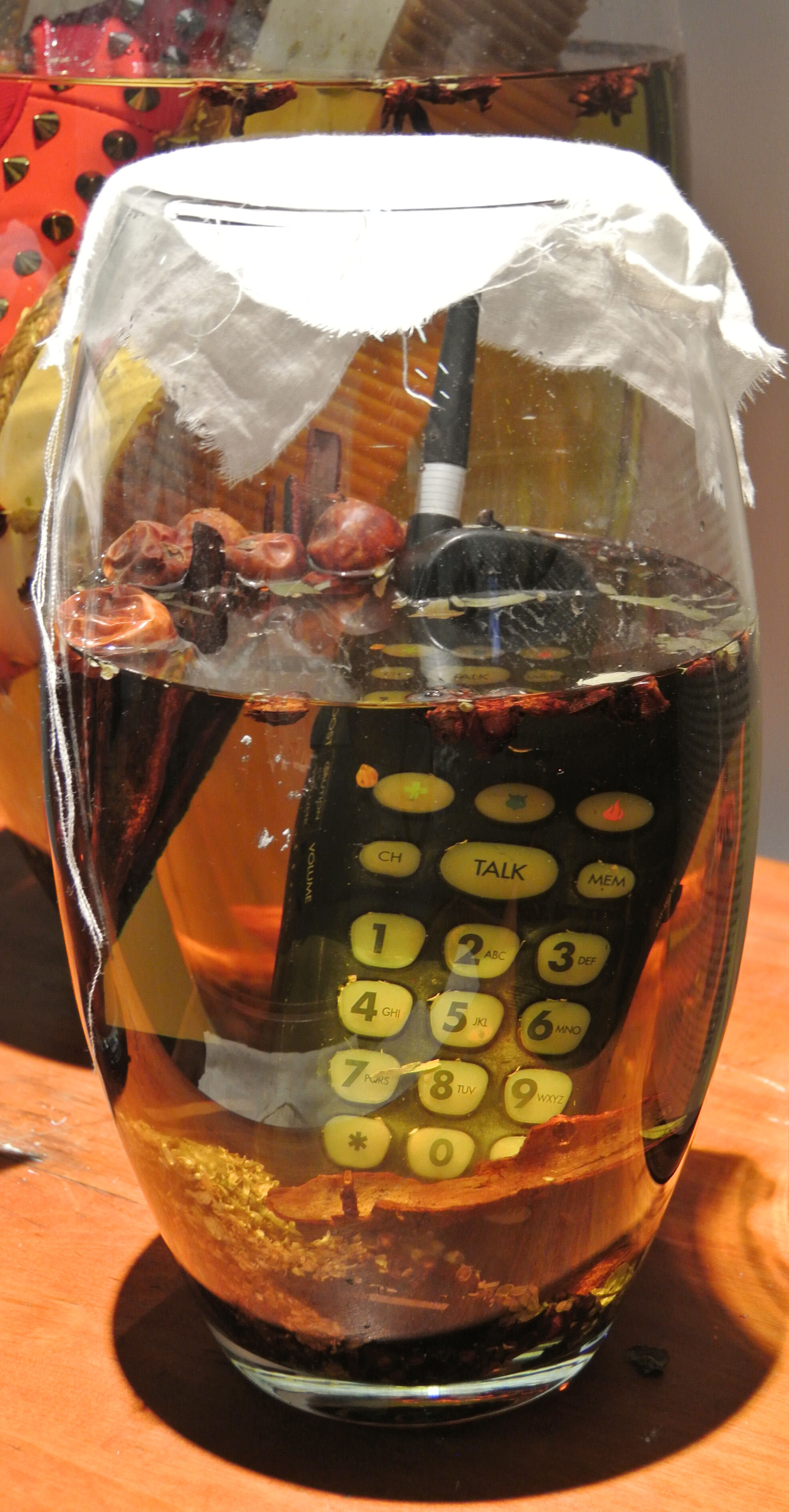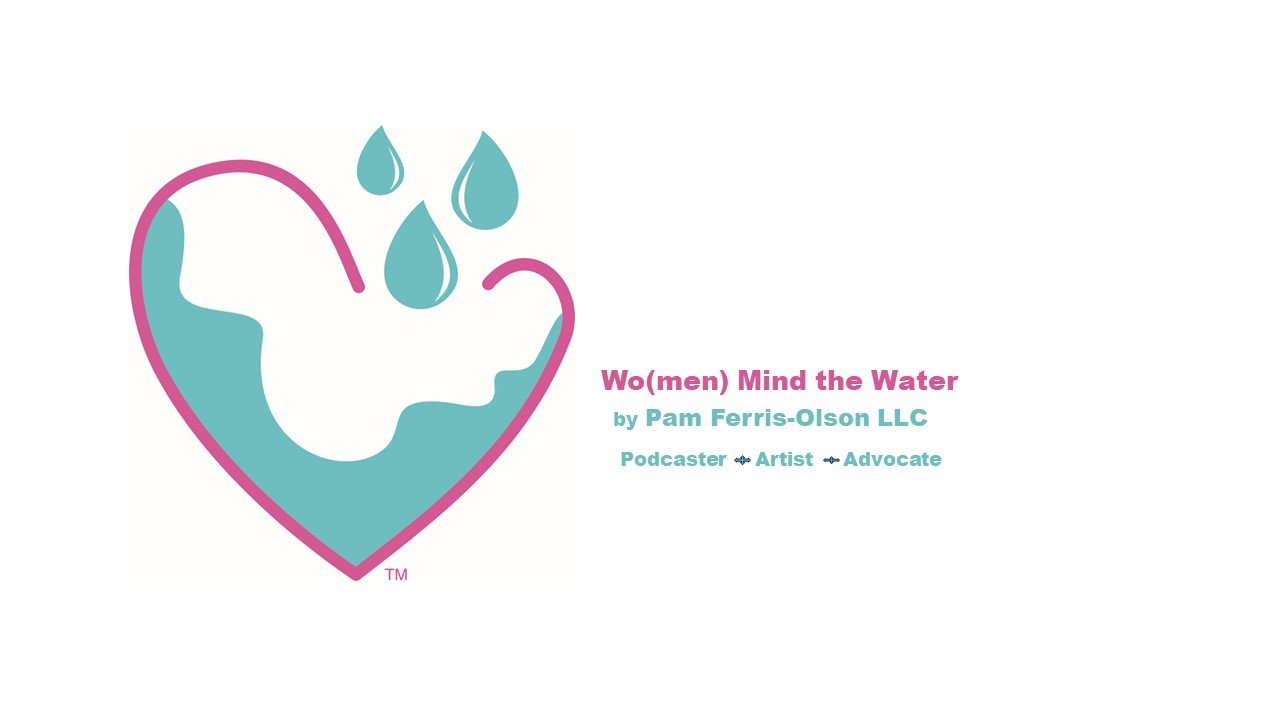
News and Updates
This section features stories that highlight how remarkable yet fragile the ocean is. It also speaks to the connection between humans and the ocean and our responsibility to protect it.
Stories, unless otherwise noted, are written by Pam Ferris-Olson, PhD. Pam has studied ocean creatures, worked in communication, and, as founder of Women Mind the Water, focuses on the relationship between humans and water. Her Wo(men) Mind the Water Artivist Series explores the work of artivists (artists +activists) and their impact in influencing change.
Protecting our reefs How they’re doing it in Roatán
When people apply sunscreens containing petrochemicals, the toxins directly or indirectly make their way into the ocean. The top six of these harmful petrochemical are avobenzone, oxybenzone, octinoxate, homosalate, octisalate, and octocrylene. These active ingredients disrupt coral reproduction, contribute to coral bleaching, and cause developmental deformities. In Protecting our coral reefs, how they’re doing it in Roatán, the latest blog post on womenmindthewater.com/news guest, Haley P. Stein of Inland Ocean Coalition shares how residents and others concerned with the health of the second largest reef system in the world are working to protect the reef from harm, a harm that tourists may be unaware they are contributing to.
Sea level rise threatens endangered species, even marine animals
Sea level rise is threatening the survival of species not only those that live their entire lives on dry land. Three of the five species considered most threatened on the US Endangered Species list are the Florida Key deer, loggerhead sea turtles and Hawaiian monk seals are all threatened by increases in sea level. It is surprising that the latter two are classified as marine animals living the majority of their lives in the ocean.
The Great Big Sea: Casting a Light on a Vast Expanse
The world’s oceans are wide and deep and managing them across international borders is a complicated business. The work of organizations like Global Fishing Watch and The Outlaw Ocean Project helps cast a light on what goes on in the world’s vast oceans. They provide data to help make informed choices for the management of fish stocks. But problems remain. Questions such as how or whether to manage fisheries, who might be utilizing a resource at the expense of others, and who has the authority and resources to enforce regulations are challenges yet to resolve.



